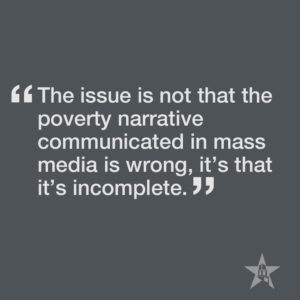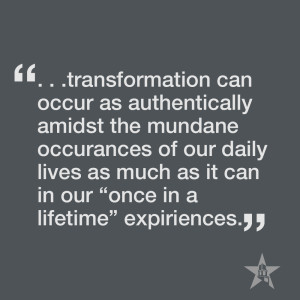As children, most of us were probably lectured by our parents a number of times about the power of words. We’re taught to remain silent if we have nothing kind to say, that we cannot take back what we say to others, and that our words have the ability to build others up or tear them down. Through these lessons, children and adults alike come to a basic understanding of the wonder and mystery of language, that despite being a series of arbitrary symbols and sounds, words are perhaps the most formidable tool at human disposal.
 While some people might be unfazed by this discovery, I am not. I’ve long been fascinated by the impact our choice of language has in shaping not only our interpersonal relationships, but our most foundational beliefs and thought processes. Consider for a moment in some Inuit communities, there are as many as 50 words for snow, such as “piegnartoq” for “the snow [that is] good for driving sled” and “aqilokoq” for “softly falling snow.” In this case, the use of language has created an alternate perception of reality and opened up a whole other world for these communities, in which what I consider “snow” is a much more complex and nuanced matter.
While some people might be unfazed by this discovery, I am not. I’ve long been fascinated by the impact our choice of language has in shaping not only our interpersonal relationships, but our most foundational beliefs and thought processes. Consider for a moment in some Inuit communities, there are as many as 50 words for snow, such as “piegnartoq” for “the snow [that is] good for driving sled” and “aqilokoq” for “softly falling snow.” In this case, the use of language has created an alternate perception of reality and opened up a whole other world for these communities, in which what I consider “snow” is a much more complex and nuanced matter.
Naturally, as I became passionate about international development, I began to question the language we use around poverty. Specifically, how it aids or hinders poverty reduction efforts. I soon realized that, although poverty is a worldwide phenomenon, it most strongly affects countries in the Global South. However, international responses to it are primarily controlled by the Global North. As a result, many of the people who have the power to shape international development efforts are largely unaffected by poverty themselves, and therefore exposed to the issue primarily through mass media entities. What does this mean? The content mass media present, and the way in which they present it, is one of the driving forces behind global poverty reduction efforts.
At this point, you may be expecting me to denounce the media, arguing its representation of poverty and the people whom it affects is incorrect. While this is certainly the case sometimes, much of what is presented in the media is not inherently false. Rather, the issue is that it falls prey to the “single story” phenomenon. This concept refers to the tendency of mass media to use such similar language, images, and ideas when communicating about these global issues, audiences form a distorted or limited understanding about them. For example, how often do we see images of unhappy children with distended stomachs, or hear about “war-torn” and “unstable” areas in news stories or films about Africa? On the other hand, how often do we see images of happy and thriving families, or hear about “successful” and “ethical” businesses?
 The issue is not that the poverty narrative communicated in mass media is wrong, it’s that it’s incomplete. Unfortunately, this is lost on many people in the West who, having only ever encountered the developing world and its inhabitants through words and images on a page or screen, accept this singular narrative as the full reality. The result is the Global South is not viewed as dynamic, thriving communities in the minds of others, but rather become that single, flat image of a haunting family outside a mud hut in a conflict-ridden area.
The issue is not that the poverty narrative communicated in mass media is wrong, it’s that it’s incomplete. Unfortunately, this is lost on many people in the West who, having only ever encountered the developing world and its inhabitants through words and images on a page or screen, accept this singular narrative as the full reality. The result is the Global South is not viewed as dynamic, thriving communities in the minds of others, but rather become that single, flat image of a haunting family outside a mud hut in a conflict-ridden area.
Now, maybe this doesn’t seem like a problem to you. But I’d argue, among Christians, it should. For how can we love our brothers and sisters around the world if we see them as being somehow worth less than us? How can we care for them if we do not understand their needs? How can we be the united Body of Christ if we see them as entirely different from ourselves? Dare to demand more from the nonprofits you support and the media you consume. Dare to demand they honor the Imago Dei in their representations of the people from every corner of the world.
Marina is a senior majoring in communication and international development.


 All of us have been exposed to and changed by things that the other will never entirely understand because we have all had experiences for which the other was not present, whether they happened at home or abroad. For some reason, though, we talk about international experiences in such awed and reverent tones, expecting the person to have come back entirely transformed, while we almost entirely dismiss the possibility that someone could have been equally or even more transformed as they went about a typical four months of their life.
All of us have been exposed to and changed by things that the other will never entirely understand because we have all had experiences for which the other was not present, whether they happened at home or abroad. For some reason, though, we talk about international experiences in such awed and reverent tones, expecting the person to have come back entirely transformed, while we almost entirely dismiss the possibility that someone could have been equally or even more transformed as they went about a typical four months of their life.